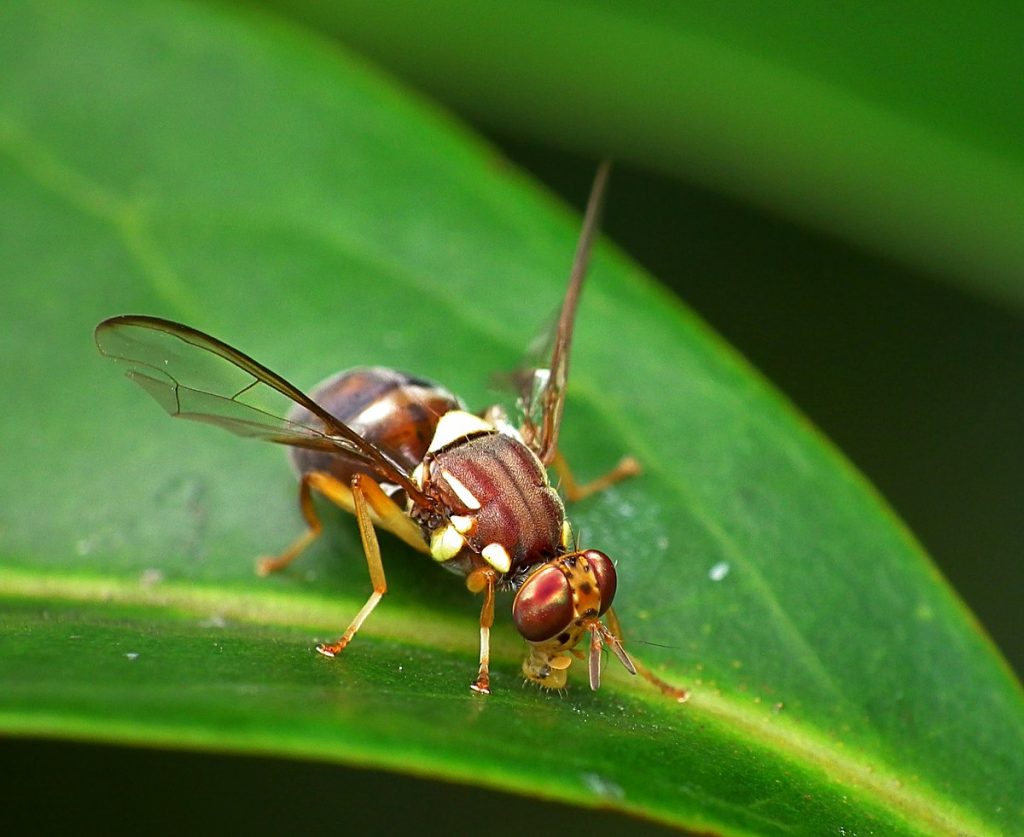NZ: MPI issues positive update on fruit fly controls in Auckland

After weeks of intensive trapping and inspections, New Zealand's Ministry of Primary Industries (MPI) has concluded there are no breeding populations of fruit fly in the Auckland suburbs of Devonport and Ōtara.
Biosecurity New Zealand placed legal controls on the movement of fruit and vegetables in Devonport after a single male Queensland fruit fly was identified from a national surveillance trap on Feb. 14.
This was followed by the detection of a male facialis fruit fly in Ōtara on Feb. 18, and then two more on Feb. 21 and March 5, prompting a similar response from officials.
But after concerted actions that involved the inspection of hundreds of kilograms of fruit, fresh produce movement restrictions have now been lifted in these two areas.
"To date no further adult fruit flies, eggs, larvae or pupae have been found," says Biosecurity New Zealand spokesperson Dr. Cath Duthie.
"We are satisfied that with no further detections, the Controlled Area Notices can be lifted today."
"As a precautionary measure, we will be keeping in place an enhanced network of fruit fly traps in Devonport and between Devonport and Northcote, as well as in Ōtara, for an extended period. If fruit flies are present, these traps will detect them."
Restrictions do however remain in place in the North Shoresuburb of Northcote, where there was a Queensland fruit fly detection on March 14.
"Our teams on the ground have been removing fallen fruit from backyards, inspecting compost bins, and placing bait on fruit trees to attract and kill adult flies, in particular females," says Duthie.
"The bait is made up of a protein to attract adult fruit flies, and a very low concentration of insecticide to kill the flies. It's similar to how people bait wasps in their backyards.
"The baits are toxic to fruit flies. We have taken every precaution to make sure the baits are safe around people and animals. They are not harmful to bees."
Biosecurity New Zealand and the country's horticultural industries would like to sincerely thank the residents and businesses in Devonport and Ōtara.
"You've borne the brunt of this situation with the movement restrictions and regular checking of traps on fruiting plants in your gardens and we're extremely grateful for your support," says Dr Duthie.
"I can't stress enough how vital this work has been. This particular insect pest is a significant threat to our horticultural export industry and home gardens."






































